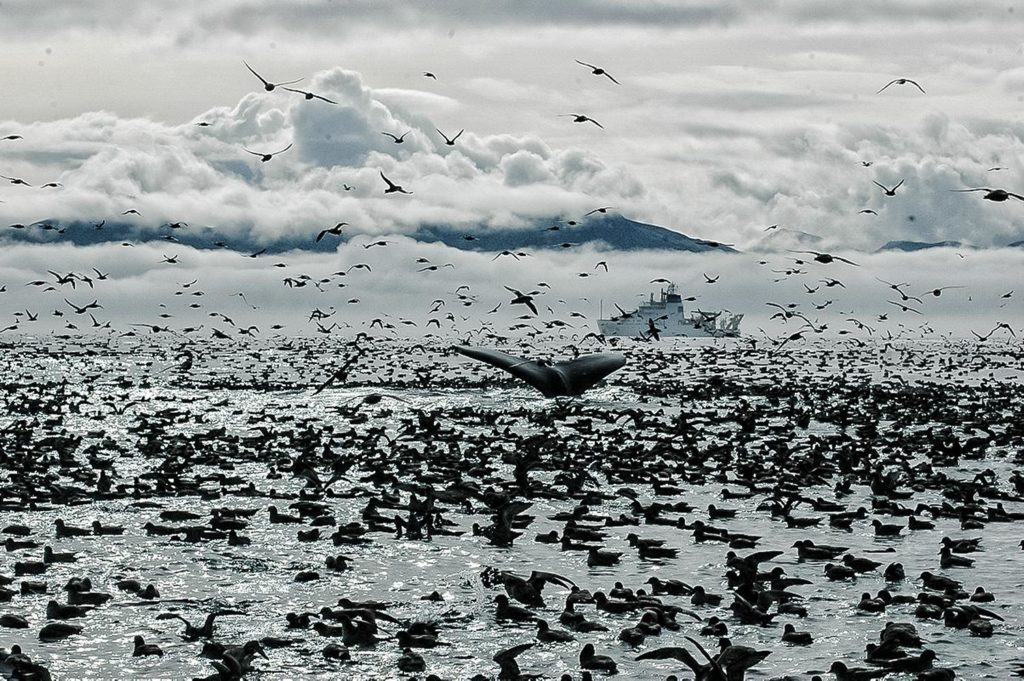A new study provides a comprehensive and quantitative look at initial and lingering effects of the eastern Pacific marine heatwave on Gulf of Alaska coastal and marine ecosystems.
The eastern Pacific marine heatwave, which occurred from California to Alaska in 2014–2016, was the longest lasting heatwave globally over the past decade. A new study led by NOAA Fisheries scientists and partners looked at its effects. They found that the heatwave affected various components of the Gulf of Alaska marine food web from plankton to whales to humans. There have been various impacts, some positive and some negative. Some of these impacts persisted through 2019, when this study was completed.
For the full feature story by NOAA Fisheries visit: https://www.fisheries.noaa.gov/feature-story/most-recent-data-shows-gulf-alaska-marine-ecosystem-slow-return-pre-heatwave-state



